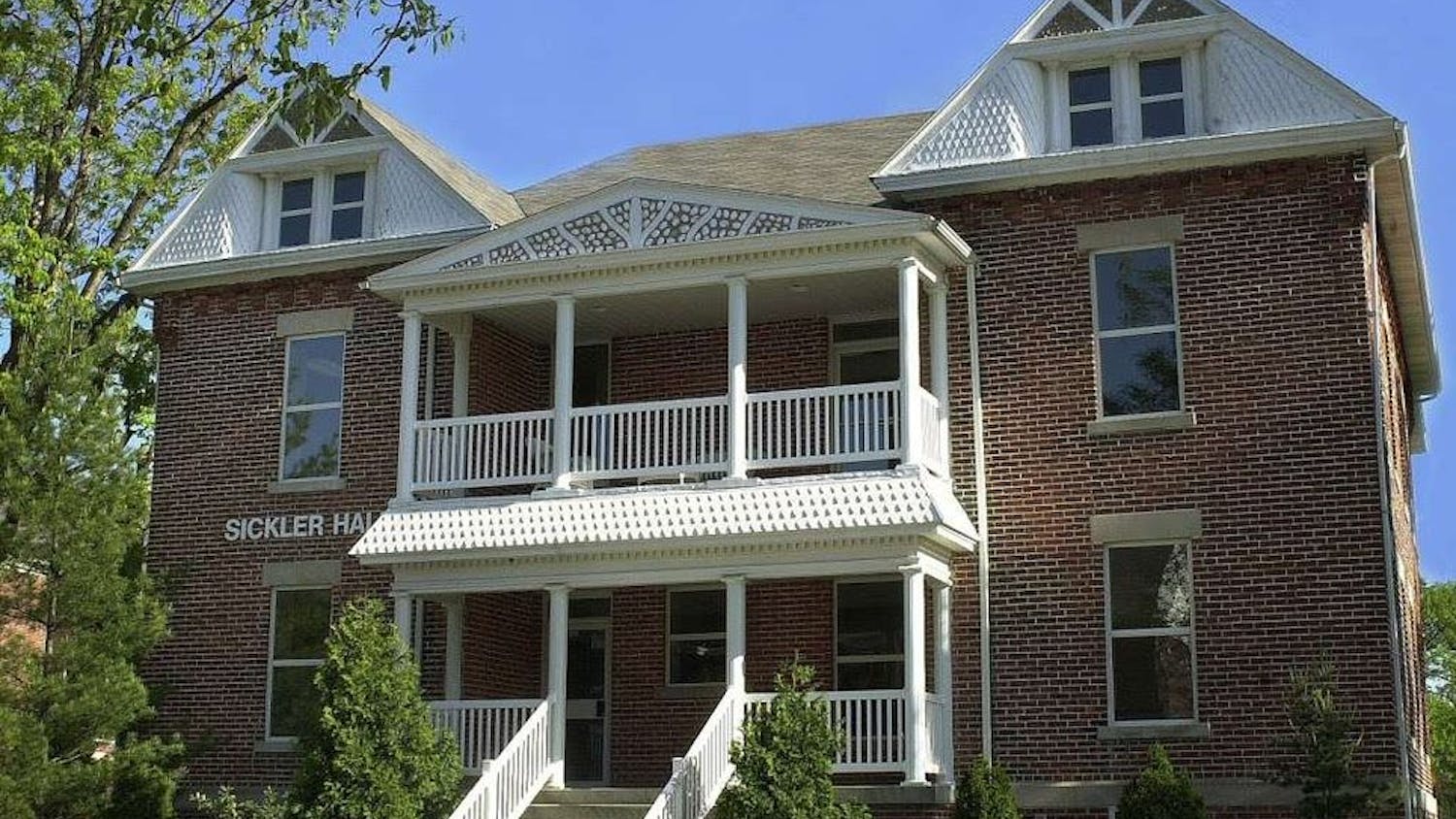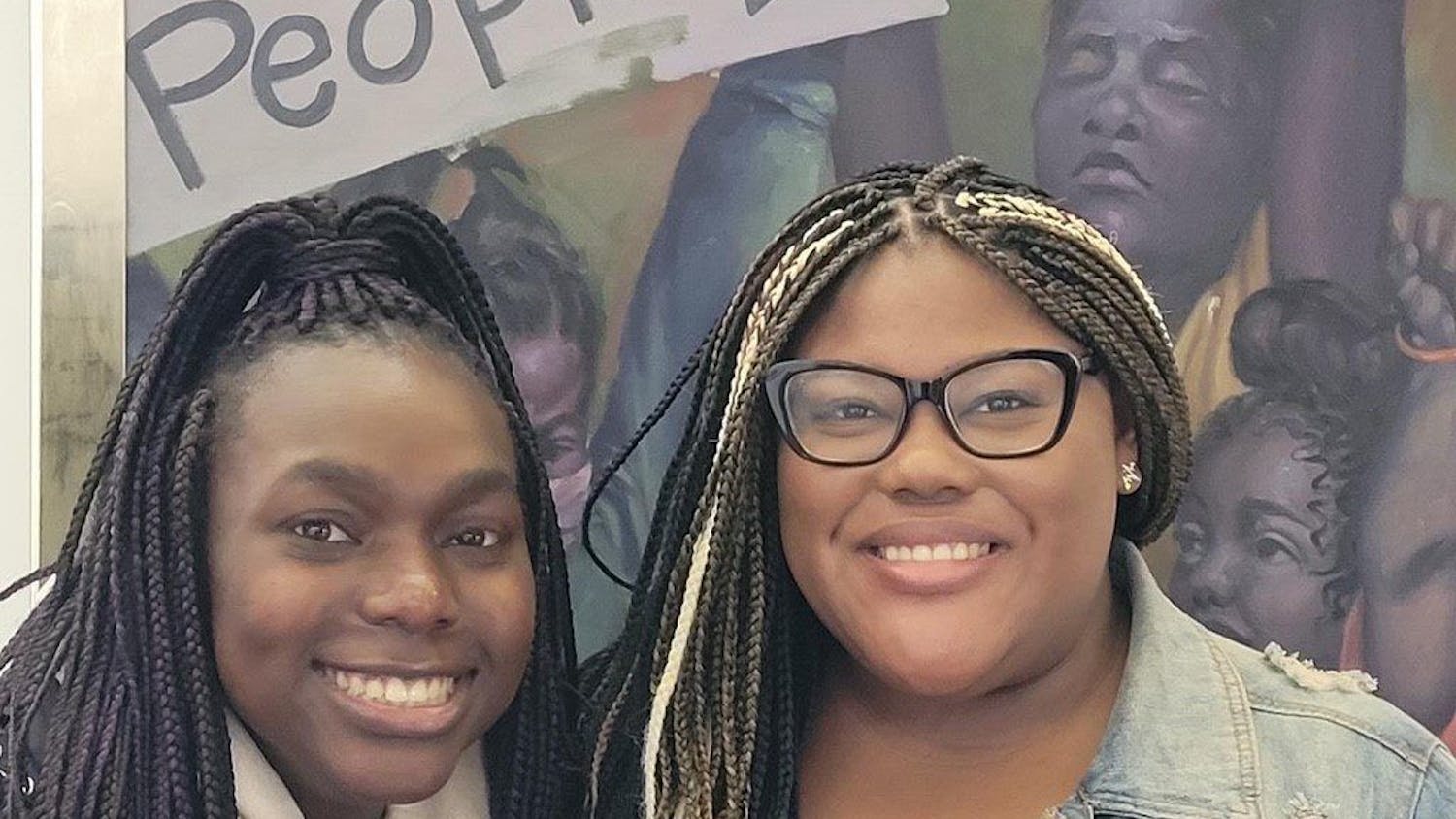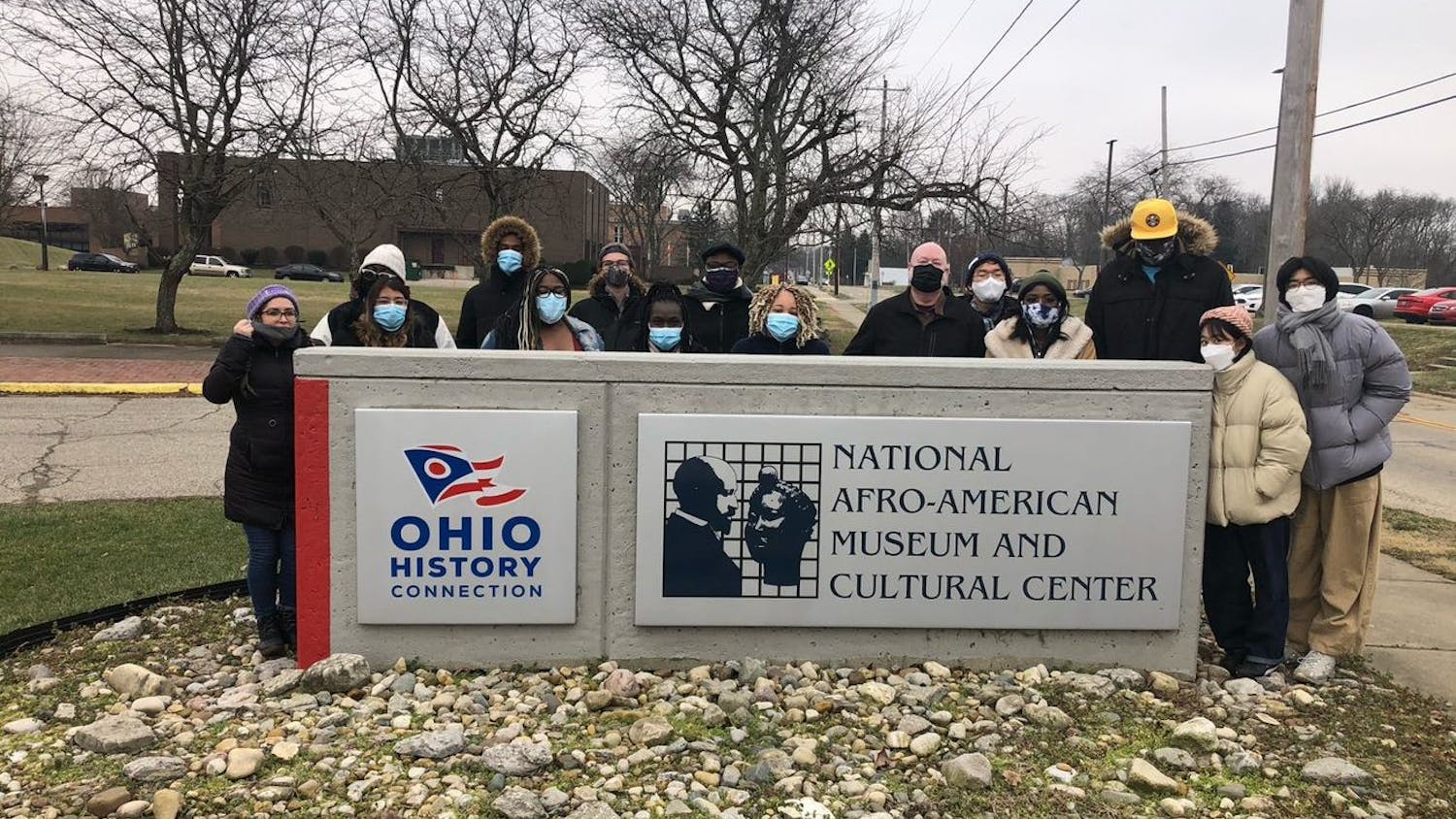20 students and two faculty leaders headed to the South on a civil rights trip from April 26-29.
This was the Global Studies Peace and Conflict course’s fifth trip to the civil rights sites over the years.
The itinerary covered the following places: Franklin, Tennessee; Memphis, Tennessee; Birmingham, Alabama; Selma, Alabama; Montgomery, Alabama.
The team of students consisted mainly of those in the course as well as a couple others from the Office of International Programs. The Rev. Greg Dyson, vice president for intercultural leadership and church relations, and Scott Moeschberger, professor of global studies and director of orphans and vulnerable children program, led the trip.
Starting off the trip in Franklin, Tennessee, the team visited the United States Colored Troops Statue in the Franklin public square.
They also visited Strong Tower Bible Church to meet with Pastor Chris Williamson, who is active by helping tell the fuller stories of African Americans in his community. Williamson and his wife, Dorena, are also both authors and Dorena will be coming out with a book about Juneteenth soon.
In Memphis, a key location they visited is the Lorraine Motel, the site of Martin Luther King Jr.’s assassination. There is also a Civil Rights Museum on-site.
Birmingham, Alabama is the location of the 16th Street Baptist Church that was bombed in September 1963. They visited this church along with Kelly Ingram Park and the Civil Rights Institute.
The Edmund Pettus Bridge was the next stop in Selma, Alabama. This bridge is now a National Historic Landmark following the brutal Bloody Sunday beatings during the first march for voting rights. Also located in Selma is the Brown Chapel AME Church, the site of preparations for the march to Montgomery in March of 1965.
The last stop was in Montgomery, Alabama. Here, the Equal Justice Initiative has the National Memorial for Peace and Justice, the first memorial of its kind which displays the history of lynching across the US. The team attended this as well as the site of the Montgomery Bus Boycott and the Dexter Avenue church, where King started his preaching.
“Civil rights experiences help all peoples learn and experience the history that for many they have read about but are less aware of the details,” Dyson said. “We (visited) some of the important locations where events occurred that shaped our understanding of slavery, voter rights, and diversity.”
Moeschberger agreed, going more into depth on the historical importance of civil rights trips.
“Going to these places where (history) comes alive and (hearing) from the people who were connected to the struggle in some way gives a more complete picture about what was happening in our nation’s history at the time,” Moeschberger said. “History repeats itself. We talk a lot about these current conversations that seem to be connected, like voting rights. You can’t talk about voting rights in this country and not go back to some of these historical pieces.”
Looking at where we have been as a country and understanding how that has formed the current discourse is critical, Moeschberger said.
Moeschberger also highlighted the importance of using a civil rights trip to engage in Taylor’s beloved community.
“We hope that Taylor is a space where we can engage in some of these conversations,” Moeschberger said. “Sometimes these experiential trips are a really important way to grow together and grow in other ways where we can have these conversations. This is part of that idea of this social space of reconciliation that King talks about with the beloved community.”
Junior Abbey Suess went on the trip as a part of the Office of Intercultural Programming.
Suess believes this opportunity is an amazing way to learn about the difficult but necessary work that individuals did together to fight for and demand equality. She also said that it is important to celebrate minorities and the beauty and culture of their stories.
“It is very important to acknowledge the suffering that exists in black history in the United States, and I hope this trip also provides a place to lament and recognize this, as well as motivate everyone on the trip to work toward an equitable society starting with themselves,” Suess said.
Taylor has been running civil rights trips for the past 20 years.
There has been more emphasis recently for these trips to happen.
“Civil Rights experiences are helpful for all people and I would recommend everyone consider participating in one of the many civil rights experiences, with the help of generous friends of Taylor University, we make available each year,” Dyson said.
Faculty in the history department were first taken on trips led by Steve Messer, a now retired history department professor, which is how Moeschberger became connected to it.
Students have had the opportunity to go for 10 years now.
“This should be something at Taylor that we embrace as part of our intentional community,” Moeschberger said. “It really does connect with our historic mission, but also with our current perspective.”





